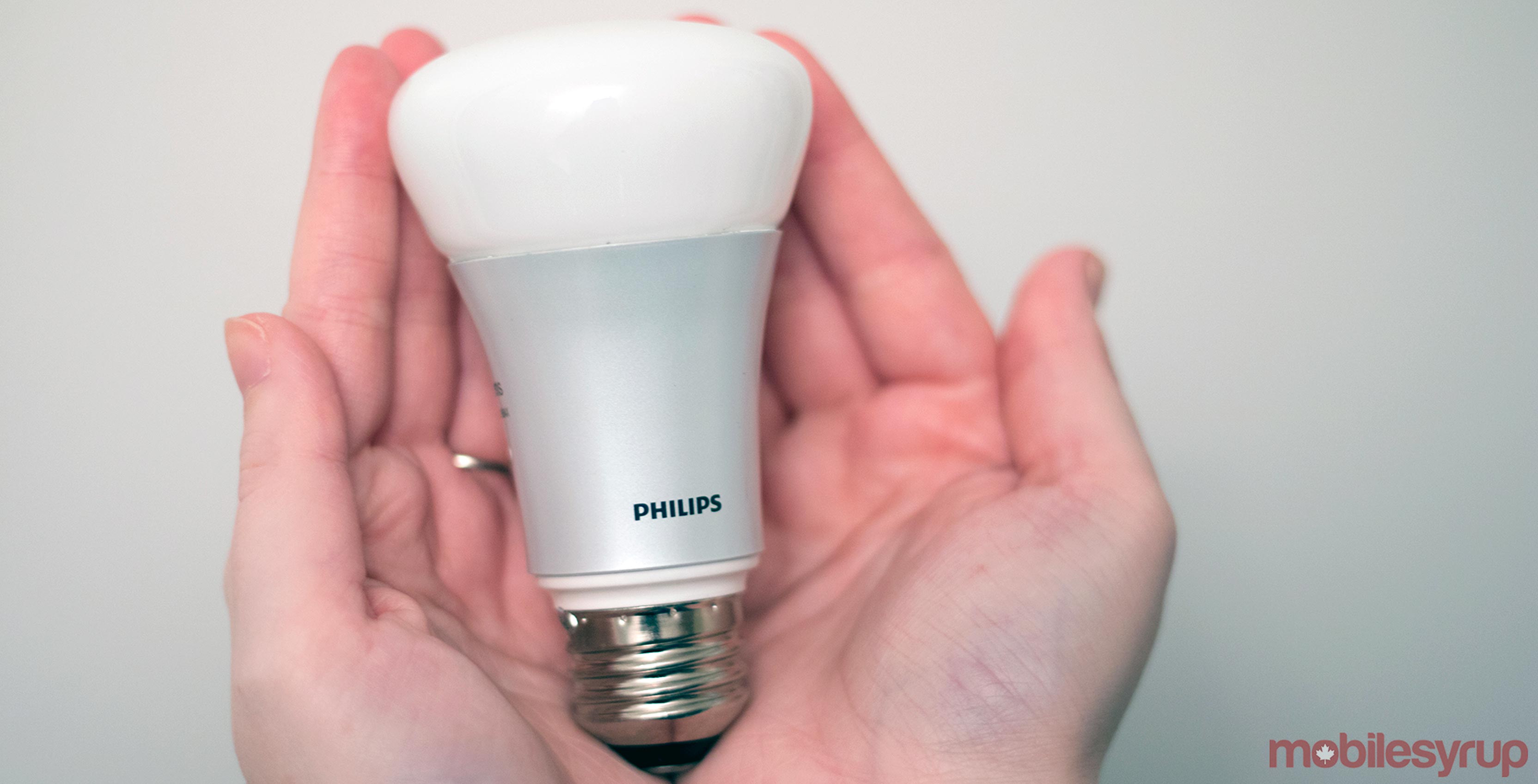
Philips is testing new technology that transmits internet data through lightwaves with some of its smart home products.
This tech provides interesting benefits over regular Wi-Fi, such as added security and the possibility for more robust coverage.
Li-Fi stands for Light Fidelity and it operates by building a modem into the light that’s capable of transferring internet signals through light waves.
It works by sending data from its built-in modem via light waves that are then received by a USB dongle attached to a computer. The USB adapter sends data back to the modem using an infrared link.
Philips is betting that in the future this technology will be built into modern computers and devices, but for now a dongle is needed.
Another benefit is that Li-Fi doesn’t disrupt equipment in the same way that radio frequencies do, making it ideal for use in locations like hospitals. Li-Fi also adds another layer of security to a network because it’s unable to pass through walls and it needs a dedicated dongle to connect. Ideally Li-Fi can expand coverage in a building that’s fully equipped with the technology, though something like this might still be years away.
Li-Fi can provide internet speeds of up to 30Mbps for downloading along with providing users with energy efficient LED lighting and up to 10,000 times more bandwidth than traditional Wi-Fi.
Source: Phillips
MobileSyrup may earn a commission from purchases made via our links, which helps fund the journalism we provide free on our website. These links do not influence our editorial content. Support us here.


